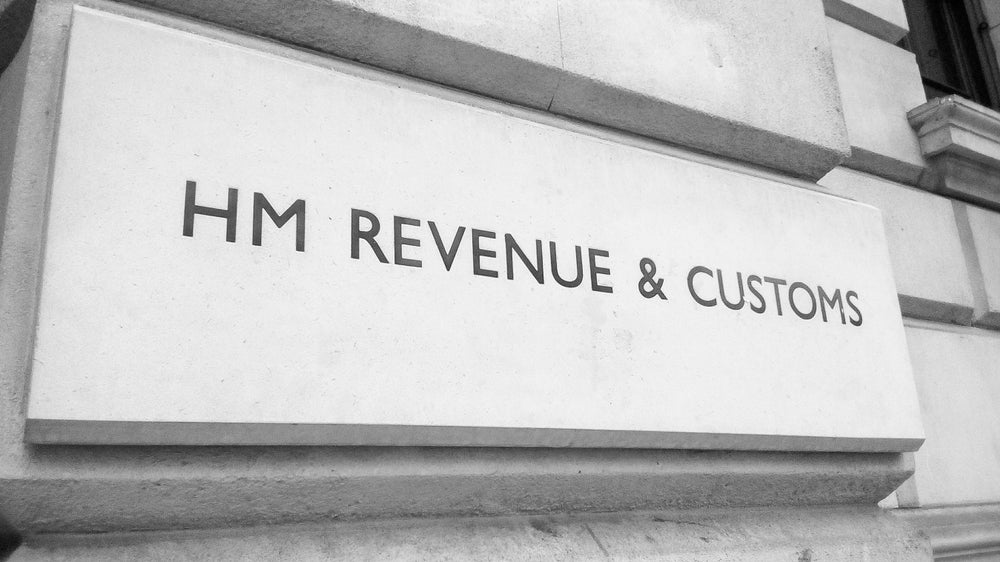Japonica Partners, the private equity firm led by former Goldman Sachs banker Paul Kazarian, has published another top senior job advert relating to the Greek sovereign debt conundrum.
Last year Japonica published a one-page advert in Financial Times looking to hire a five-star finance minister for Greece, but one with solid accounting skills.
This time Japonica has published ads headhunting an Executive Turnaround Manager for the Greek economy in the New York Times and Financial Times.
Kazarian is reputed to be the largest holder of Greek government bonds.
He has spearheaded a movement aimed at thoroughly debating Greece’s real debt figures – some have seen it as a self-serving campaign due to his debt holdings.
Yet his website (mostimportantreform.info) constitutes a wealth of research materials, insight and findings about the subject, and a considerable push for the adoption of International Public Sector Accounting Standards (IPSAS).
How well do you really know your competitors?
Access the most comprehensive Company Profiles on the market, powered by GlobalData. Save hours of research. Gain competitive edge.

Thank you!
Your download email will arrive shortly
Not ready to buy yet? Download a free sample
We are confident about the unique quality of our Company Profiles. However, we want you to make the most beneficial decision for your business, so we offer a free sample that you can download by submitting the below form
By GlobalDataThe advert reads: "Make 2016 the year of the ‘Super Boost’ for the Greek economy […] by pushing down to zero the Greece government two-year bond yield spread above Portugal."
It continues: "The 2015 year-end spread of 708 basis points is suffocating the Greek economy (Greece 7.17% versus Portugal 0.09%). This spread reflects the pervasive use of incorrectly calculated and vastly overstated Greek debt numbers."
According to Japonica’s calculation using IPSAS, Greece’s net debt as a percentage of GDP is 18% versus Portugal’s 70% or even Germany’s 80%.
Those calculations contrast with Greece’s 175-180% of GDP that the Maastricht Treaty’s face value definition of debt shows.
The adoption of IPSAS is one of the key elements on the public sector financial reform agenda. Yet Germany, one of Greece’s largest lenders, does not use IPSAS.
The international standards would make the country book the loans given to Greece as a loss. Instead Germany reports on a cash basis its public finances.
Among the qualifications that Japonica’s Executive Turnaround Manager should possess is fluency in IPSAS.
Related stories
Editor’s letter: Tantalized Greece
Debt under IPSAS: Greece’s cathartic hope






